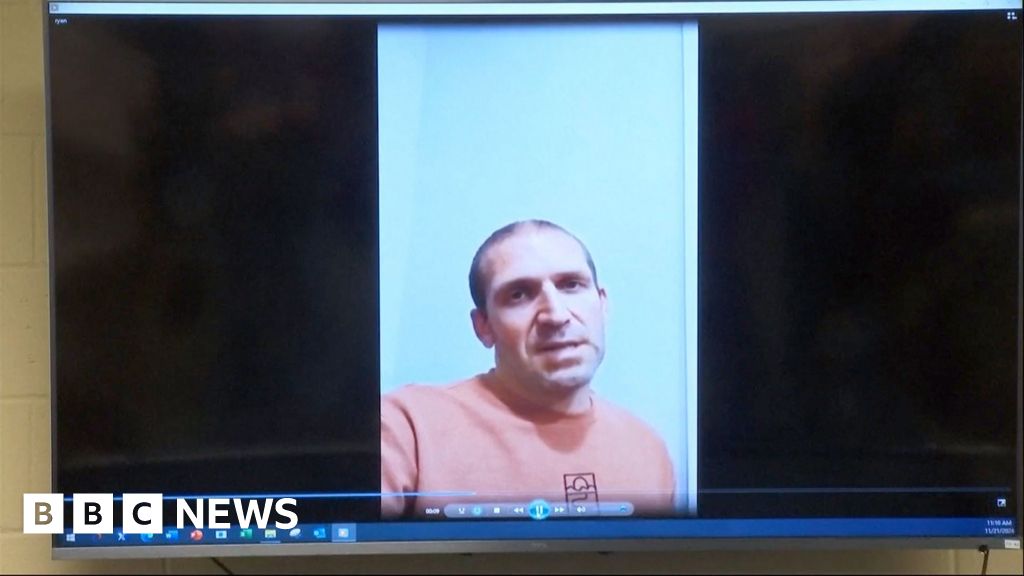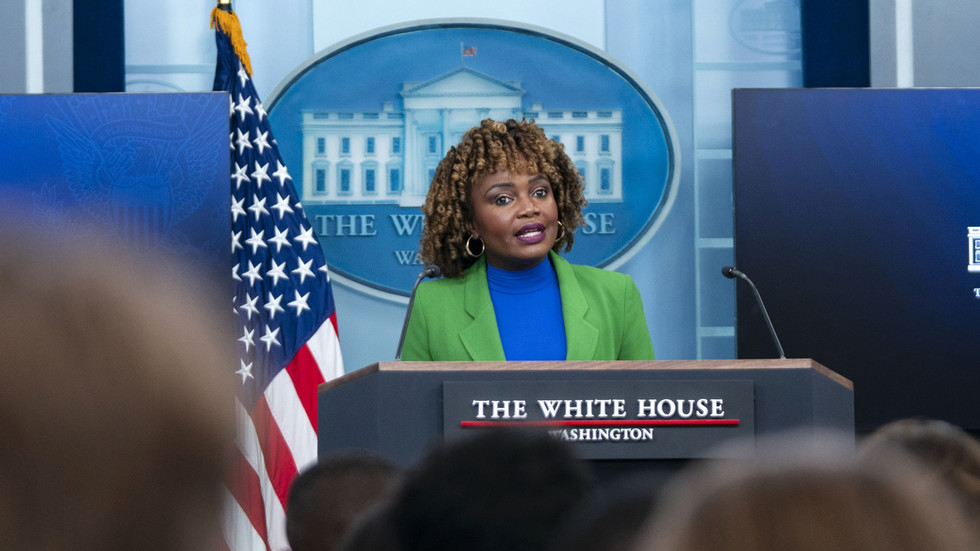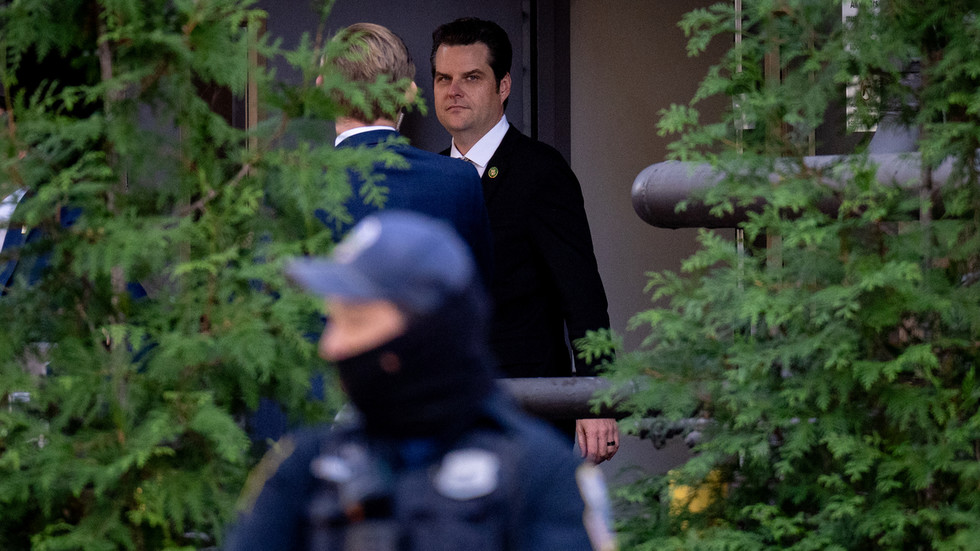BUDAPEST, Hungary -- A rising political newcomer hoping to deal a blow to Hungarian Prime Minister Viktor Orbán mobilized tens of thousands of supporters in Budapest on Saturday in a final show of strength on the eve of a European Parliament election.
Péter Magyar, a 43-year-old lawyer who in a matter of months has built up Hungary's strongest opposition party, hopes to use a good showing in Sunday's EU elections to propel himself and his movement toward defeating the nationalist Orbán in the next national ballot scheduled for 2026.
Once an insider within Orbán's Fidesz party, Magyar has gained quick prominence through publicly accusing the prime minister and his allies of corruption and anti-democratic tendencies. He has drawn thousands of curious spectators on a tour of nearly 200 Hungarian cities, towns and villages in the last two months.
In the blazing heat on Saturday, Magyar addressed the sprawling crowd that filled Budapest Heroes' Square, saying that he and his movement would build “a more beautiful, peaceful and happy country” and bring an end to Orbán's 14 years in power.
“I was a spark that started the motor of change,” he said.
Recent polls show that Fidesz is likely to take a relative majority of votes in Sunday's election, but that Magyar’s party, Respect and Freedom (TISZA), could gain up to 30% and cause a loss of seats for Fidesz among Hungary’s 21-member delegation in the EU legislature.
TISZA has gained its base of support among voters disillusioned by both Orbán's illiberal form of governance and Hungary's traditional opposition parties, which have proven unable to mount a serious challenge to the populist leader's rule since 2010.
One Magyar supporter, 69-year-old Budapest resident Mária Németh, said on Saturday that she hasn't voted in any election since 2010, when she supported Hungary's right-wing Jobbik party.
But now, she said, she plans to vote for TISZA because of the “filth and lies” in Hungarian politics that she attributes to Orbán — particularly about the war in Ukraine.
“If Péter Magyar hadn't come around, I wouldn't vote,” Németh said. “They tell so many lies about the war. Everyone wants peace, whether on the left or the right, everyone wants peace.”
Orbán, known as the EU's closest Kremlin ally, has cast the stakes of Sunday's election as nothing less than peace in Europe if his party wins, or a global conflagration if it loses.
He has blamed “pro-war” politicians in Washington and Brussels for escalating tensions with Russia over its war in Ukraine, and portrayed his refusal to supply Kyiv with military aid and other support as a “pro-peace” position unique in Europe.
During his campaign, Orbán has claimed that a vote for those running against him would risk Hungarian youth being sent to the front lines in Ukraine. Magyar has pushed back on the claim, and on Saturday lifted a slogan Orbán has used to promote his own party.
“Those who vote for peace vote for TISZA,” he said.
A staunch opponent of immigration, Orbán has also campaigned on a promise that he will preserve Hungary as a “migrant-free” country, and has correlated past armed conflicts in Europe with what he sees as a deficit of “white Christians” on the continent.
“In the two (world) wars, 57 million Europeans died, and people are amazed that there aren't enough Christian, white, traditional Europeans in Europe,” he said at a campaign rally on Thursday. “Instead, there's a vacuum filled by migrants.”
Magyar has dismissed accusations by Orbán that he — or any other Hungarians — are “pro-war.” In an interview with The Associated Press in May, he was unequivocal in pointing out the potential risks if Russia was permitted to retain the Ukrainian territories that it has occupied — including the Crimean Peninsula, which Moscow annexed in 2014.
In his final message to voters before the election on Saturday, he said he would to bring an end to Orbán's “fear-mongering propaganda,” and work for a country where “there's no left, no right, there's only Hungarians.”
“TISZA aims to ensure that Hungarian families can live in peace and security, and that our children can live without the fear of war. The future is up to you now," he said.

 5 months ago
24
5 months ago
24








